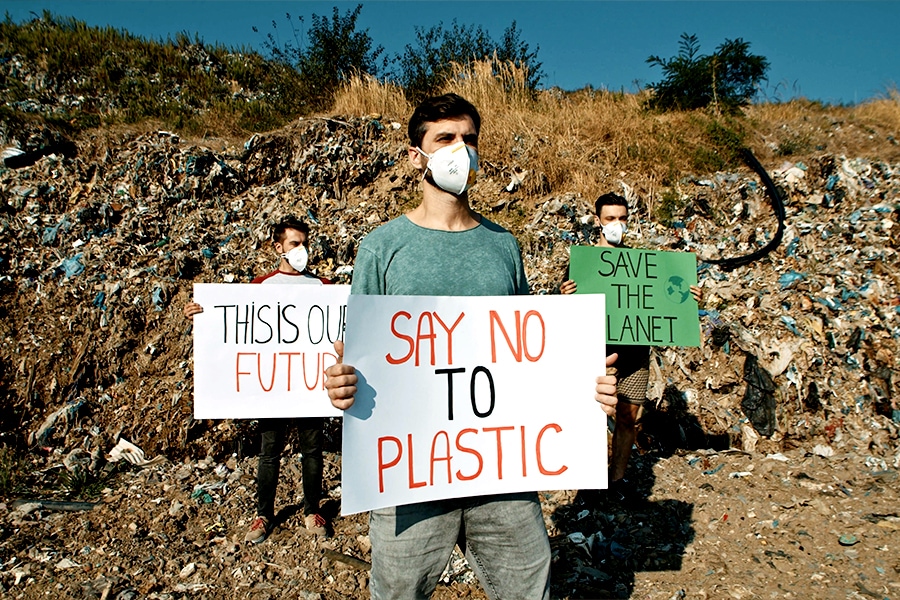
Gen Z is seriously concerned about the climate crisis: survey
"These young people are very concerned and, in a way, intimidated by the lack of concrete action being taken to battle climate change," confirms Dora Marinova, Professor of Sustainable Development at Curtin University and co-author of the study
 An Australian study reveals that only 35% of Gen Z regularly take part in traditional climate activism. Image: Alex_Maryna / Shutterstock©
An Australian study reveals that only 35% of Gen Z regularly take part in traditional climate activism. Image: Alex_Maryna / Shutterstock©
Young Australians are very concerned about the climate crisis. Not only because of the direct impact it already has on their lives, but also in anticipation of weather phenomena that could occur in the coming decades. These are among the findings of a survey carried out by Australia's Curtin University.
Published in Sustainable Earth Reviews, the survey interviewed 446 Australian students born between 1995 and 2010 (in other words, members of Generation Z). Among the respondents, 81% said they were "concerned" or "very concerned" about climate change. Fear, insecurity, anger, exhaustion, feelings of powerlessness, sadness... A wide range of emotions are evoked by participants to talk about the emotions related to the climate crisis, as well as the prospect of future extreme weather phenomena (forest fires, floods, hurricanes, droughts, etc.).
"These young people are very concerned and, in a way, intimidated by the lack of concrete action being taken to battle climate change," confirms Dora Marinova, Professor of Sustainable Development at Curtin University and co-author of the study, in a statement. "Gen Z has serious concerns which will not only impact their mental health .... but also the choices young people make: how they spend their money, whether they have families, their choice of career and more," continues the researcher.
While climate anxiety can prompt some individuals to take action and get involved, as seen with the global success of the Fridays for Future movement initiated by renowned Swedish activist Greta Thunberg in 2018, this is far from the case for all young people. The Australian study reveals that only 35% of Generation Z members regularly engaged in "traditional climate activism," for example by fundraising, donating money to associations, supporting political campaigns or taking part in climate marches or protests. Unsurprisingly, however, the young people surveyed said that they do regularly use social media to express their concerns and seek information.
Also read: The ESG generation gap: Millennials and boomers split on their investing goals







